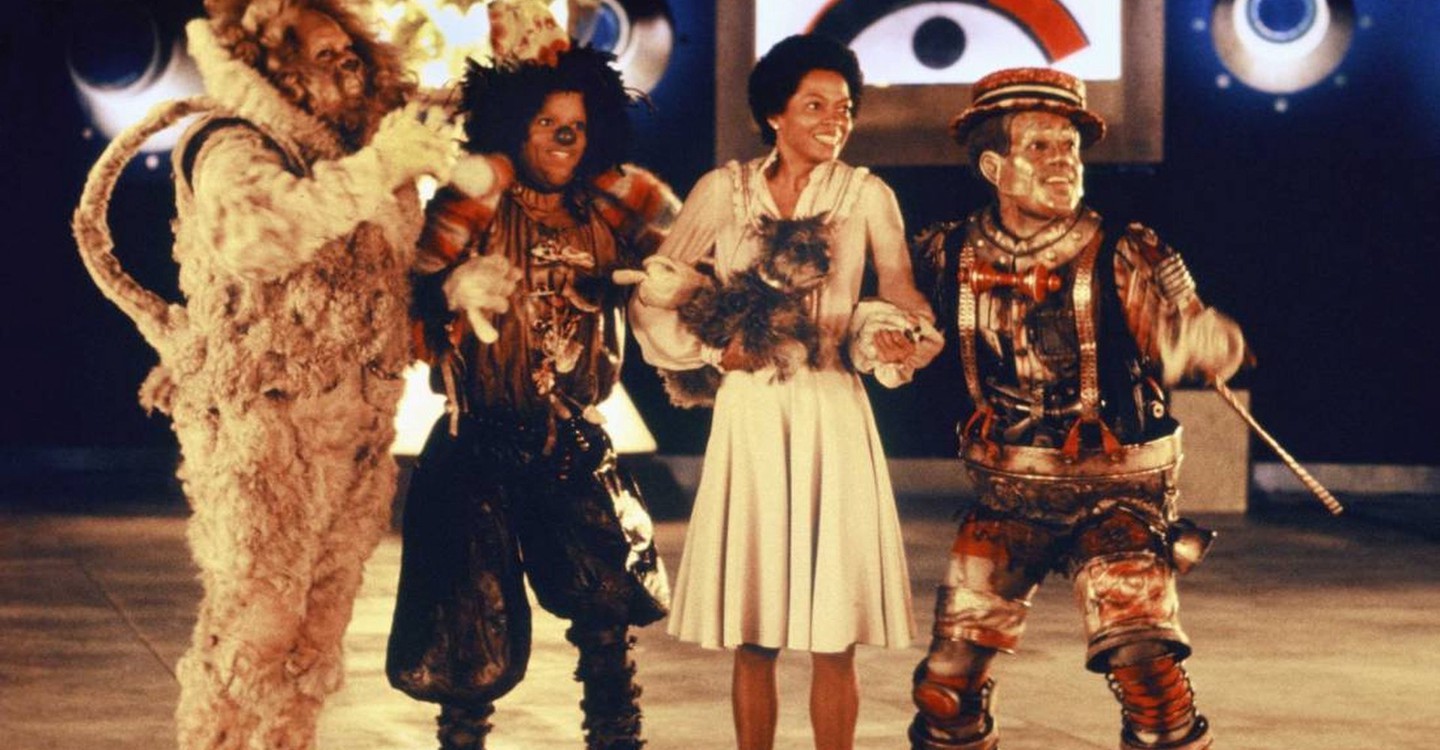
Ira Sachs, Sr. in Lynne Sachs’ documentary Film About A Father Who
In a virtual version of its traditional preview party, Indie Memphis announced the lineup for its 23rd annual film festival. The opening night film is Memphis-born director Lynne Sachs’ documentary A Film About A Father Who. Sachs draws on 35 years of footage she shot of her father, Ira Sachs, Sr., to draw a portrait of a family struggling with generational secrets. Michael Gallagher, programmer for the Slamdance Film Festival, where the film had its world premiere in January, said “This divine masterwork of vulnerability weaves past and present together with ease, daring the audience to choose love over hate, forgiveness over resentment.”
Sachs is the most prominent of the Memphians among the dozens of filmmakers who have works in the 2020 festival. The Hometowner Features competition includes Anwar Jamison’s feature Coming to Africa, a bi-contentental production which was shot both here in the Bluff City and in Ghana. We Can’t Wait is director Lauren Ready’s documentary about Tami Sawyer’s 2019 campaign to become Memphis’ first Black woman mayor. The Hub is Lawrence Matthews portrait of Memphians trying to overcome discrimination, underemployment, and financial hardship in an unforgiving America. Morreco Coleman tells the story of Jerry C. Johnson, the first Black coach to win an NCAA Basketball title, with 1st Forgotten Champions. The detective thriller Smith is a neo-noir from director Jason Lockridge. Among the dozens of Memphis-made short films on offer will be “The Little Tea Shop,” Molly Wexler and Matteo Servante’s moving portrait of beloved Memphis restauranteur Suhair Lauck.

Director Anwar Jamison (far left) filming Coming To Africa in Ghana.
World premieres at Indie Memphis include Trimiko Melancon’s race relations documentary What Do You Have To Lose? and Cane Fire, director Anthony Banua-Simon’s incisive history of the Hawaiian island of Kaua’i.
Indie Memphis remains devoted to the latest in film innovation, but the festival’s Retrospective series alway offers interesting and fun films from years past. In 2020, that includes The Wiz, Sidney Lumet’s 1978 cult classic remake of The Wizard of Oz with an incredible all-Black cast, including Michael Jackson as the Scarecrow and Diana Ross as Dorothy. Joel Schumacher, the legendary writer/director who passed away this year, wrote the screenplay, which was adapted from a 1974 Broadway show. He will be honored with a screening of Car Wash, the 1976 comedy which is the definition of classic drive-in fare.

Ted Ross, Michael Jackson, Diana Ross, and Nipsey Russell in The Wiz
With film festivals all over the United States facing cancellation because of the coronavirus pandemic, the theme of this year’s Indie Memphis is “Online and Outdoors.” Screenings will take place at the Malco Summer Drive-In and at various socially distanced outside venues across the city. All films will also be offered online through the festival’s partnership with Eventive, the Memphis-based cinematic services company that has been pioneering online screening during the pandemic. “We hope to bring people together, in person and online, and provide inspiration and an outlet,” says artistic director Miriam Bale. “In order to counter Screen Burnout, we’ll be offering a series of what we call ‘Groundings’ throughout the digital festival, including a meditative film called ‘A Still Place’ by festival alumnus Christopher Yogi.”
You can buy passes for the 2020 festival at the Indie Memphis website. The Memphis Flyer will have continuing coverage of the fest throughout the month of October.
